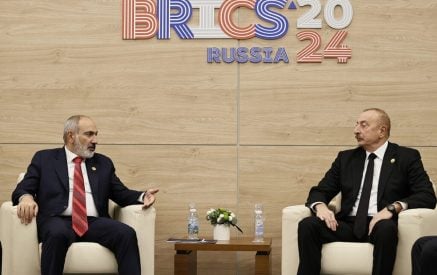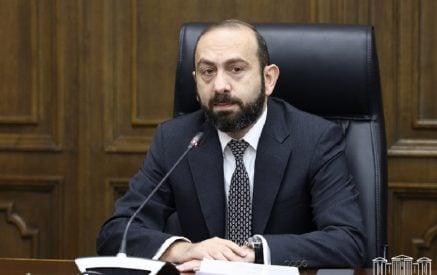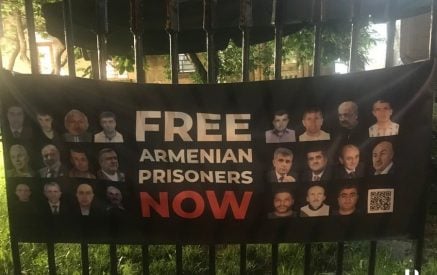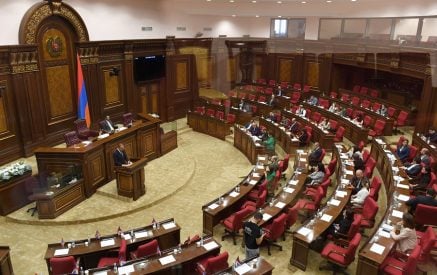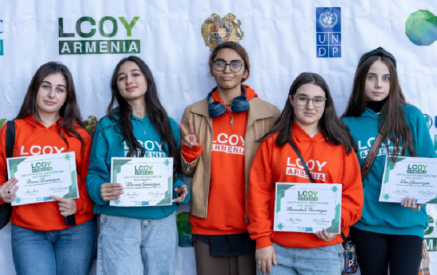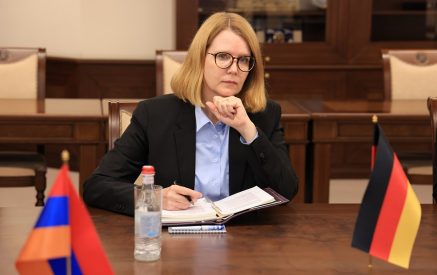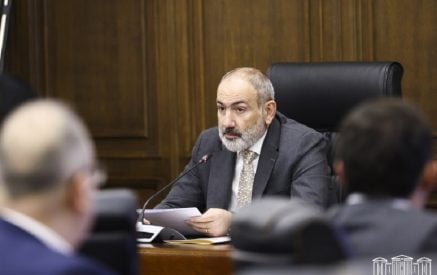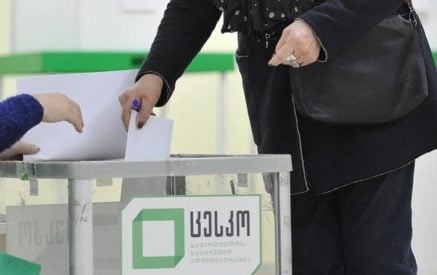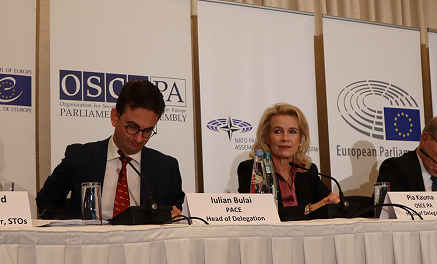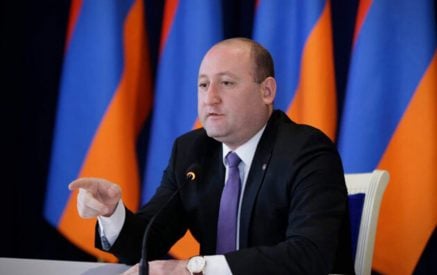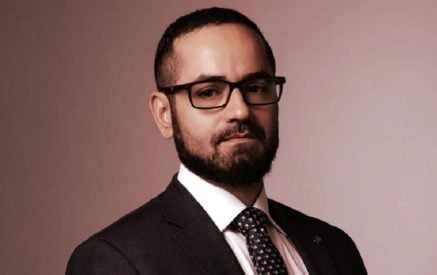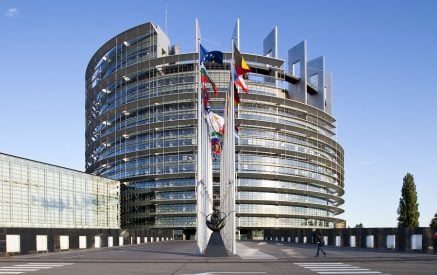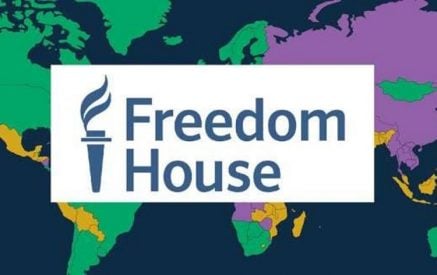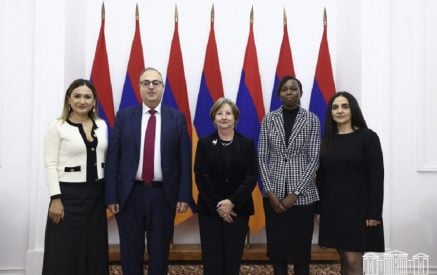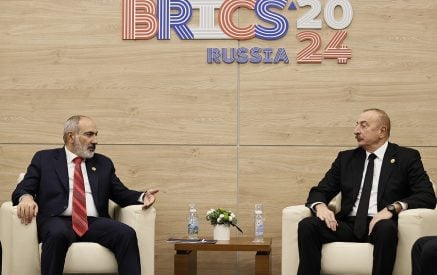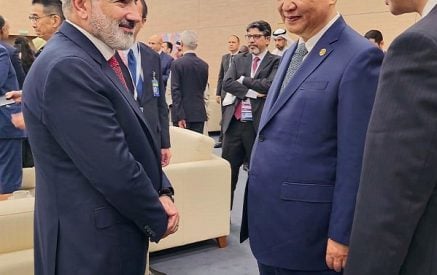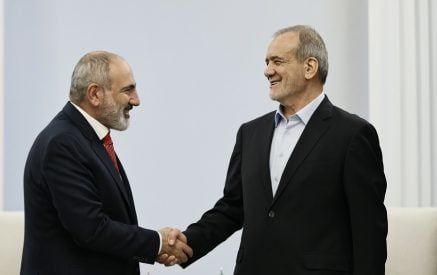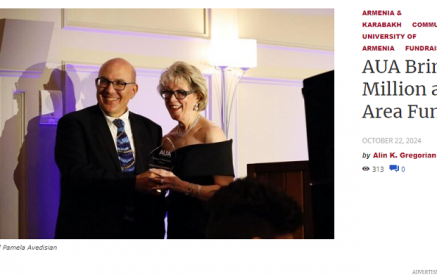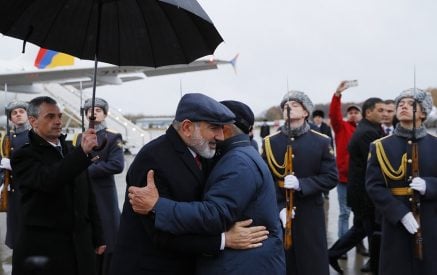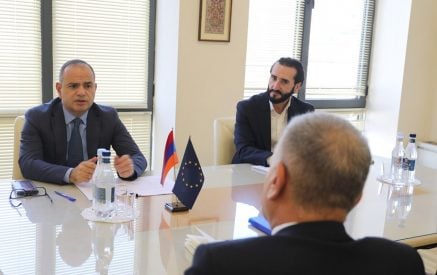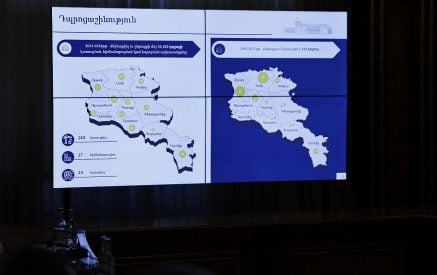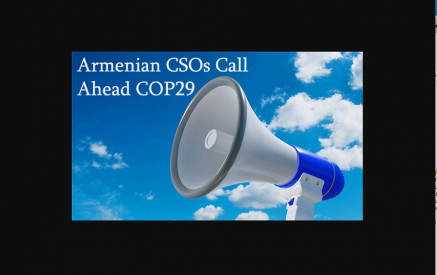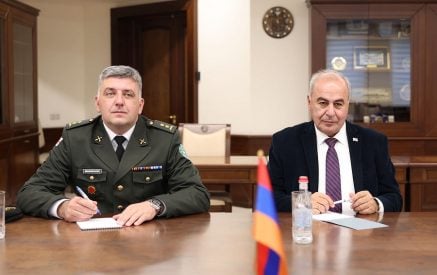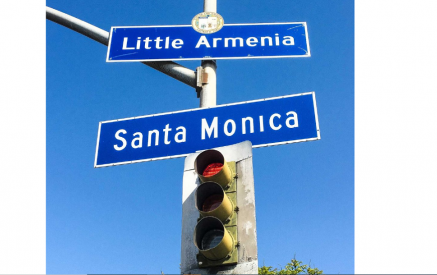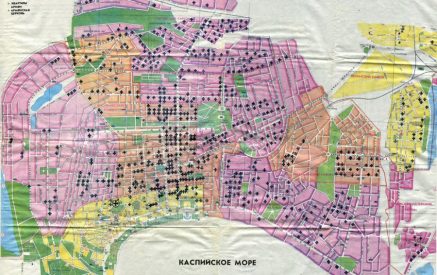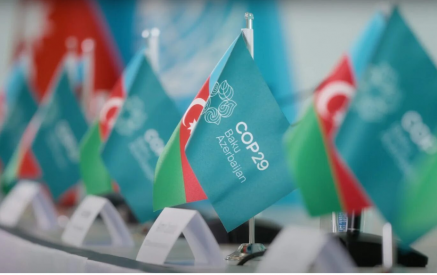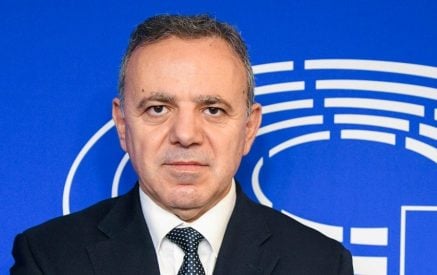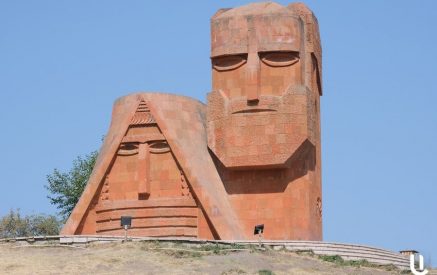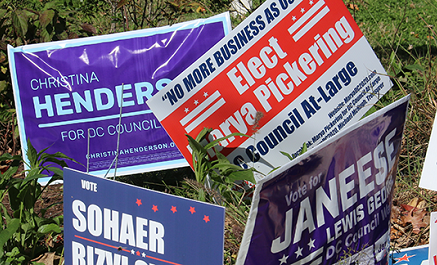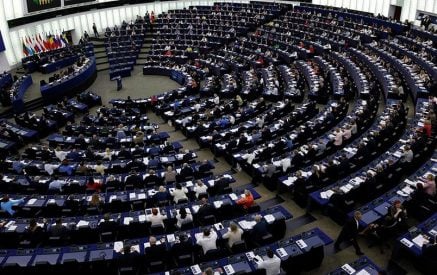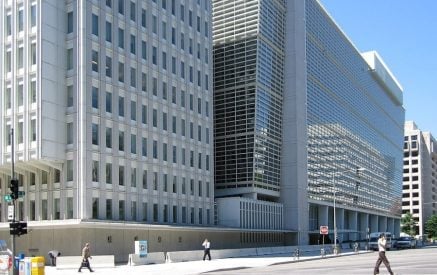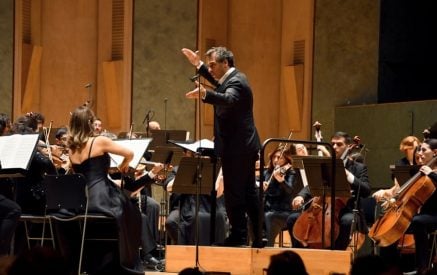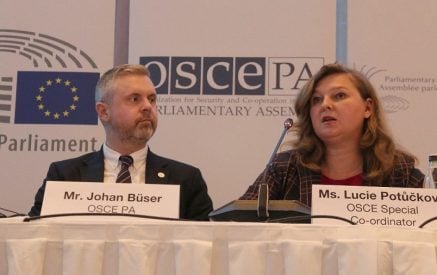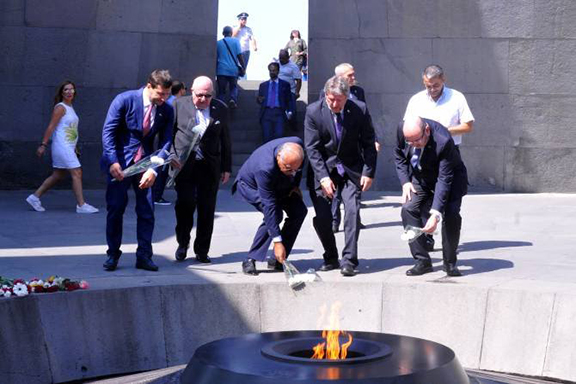ARA KHACHATOURIAN
“The tragedy of the Armenian nation has never been questioned. There is a historical question of what to call it, but what has happened is a fact that everyone accepts. It’s not a matter of political discussion. Let historians decide what to call the tragedy.” This is what Israel’s Deputy Foreign Minister Alexander Ben-Zvi said on Tuesday when visiting the Dzidzernagapert Armenian Genocide Memorial Complex.
Upon reading this I thought what would happen if one of Armenia’s deputy foreign ministers visited Yad Vashem, The World Holocaust Remembrance Center in Jerusalem, and paid tribute to the victims of Nazi Germany’s systematic annihilation of Jews and pussyfooted around using the word Holocaust.
Most likely, all hell would break loose.
I envision Prime Minister Benjamin Netanyahu decreeing the immediate expulsion of the said diplomat from Israel and freezing the already cool diplomatic ties with Yerevan. World leaders would then chime in with their condemnation of Armenia’s insensitive and tone deaf approach to the Holocaust, while Jewish organizations, some of which just recently decided to call the events of 1915 “Genocide,” would be in an uproar renewing their lobbying to discredit efforts to pass a Genocide recognition bill in Congress. More important, the Israeli press would quickly pick up on the diplomatic gaffe and would mold Israeli public opinion against Armenia and Armenians. Not to mention the Israeli academicians, such as Israel Charny and Yair Auron to name a few,
Instead, according to the foreign ministry’s press office Foreign Minister Zohrab Mnatsakanyan “presented Armenia’s ongoing initiatives directed at prevention of genocides and crimes against humanity, noting that the third Global Counterterrorism Forum will be held in Yerevan on December 9 [and will be] dedicated to the role of education in the prevention of genocides. Referring to the process of international recognition and condemnation of the Armenian Genocide, the Foreign Minister mentioned that it is a moral responsibility and a tribute to the memory of innocent victims, while at the same time it is an important contribution to international efforts to prevent genocide and crimes against humanity.”
Yet Ben-Zvi stands on the grounds of the Armenian Genocide Memorial Complex and spits on the memory of the 1.5 million victims of the Genocide with no recourse or admonishment and walks away with the continued pledges of improving ties between Armenia and Israel.
And let’s look at those so-called “improving” ties.
Netanyahu, once again, halted the debate of a bill to recognize the Genocide in the Knesset in June, after the Israeli political apparatus, once again, decided to play the Genocide card when Turkey threated Tel Aviv after Israel attacked a Palestinian settlement in Gaza in May. The fact that the Genocide issue comes into play in Israeli politics only during spats with Turkey is proof enough that Israel does not necessarily want to become “a partner” with Armenia.
Then there’s that pesky issue of the estimated $5 billion in arms sales to Azerbaijan, whose army commanders urged a military contractor to “live test” an armed suicide drone directed at Artsakh military targets. While that military contract was allegedly suspended, again there has been no firm posturing from Armenia. Mnatsakanyan told Ben-Zvi that “our partners should abstain from all actions that could potentially result in arms race, as well as provoke instability in the region.”
Mnatsakanyan’s statements signal a more resolute tone toward Israel in comparison to his predecessor, Edward Nalbandian, who met with Netanyahu last fall with nary a mention of these thorny and contentious issues blocking normal ties with the Jewish State.
I am not suggesting that Mnatsakanyan should have started a diplomatic row with Israel, but he and other officials should consider what Israel would do if the situation were reversed and say Armenia were supplying arms to the Palestinians and disrespecting the Holocaust all at the same time.


